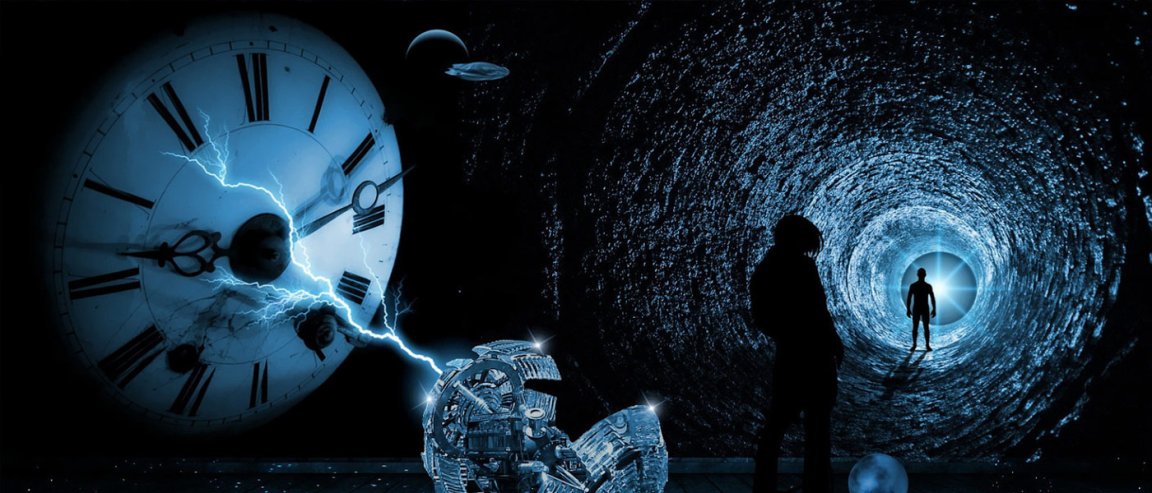
Creating New “Nows”
The study of time is a somewhat barren field. It became the focus of many scientists after Einstein bound the concept of time to the concept of space (creating spacetime). However, physicists have found it challenging to probe further into how time works.
But one physics professor is stating his mind when it comes to time. Professor Richard Muller of UC Berkeley has published NOW: The Physics of Time, which explains his view of how and why time flows. It all started with one question: Why does the arrow of time flow inexorably toward the future, constantly creating new “nows”?

Muller’s theory on the flow of time merges two ideas: the expansion of the universe, and the concept of spacetime. The universe is expanding, but not because the stars are flying away from each other. Instead, the fabric of spacetime is expanding, while the stars stay put.
Just let that sink in a moment.
Space has been expanding ever since the Big Bang. Muller theorized that, as space is expanding in the universe, so is time. “Every moment, the universe gets a little bigger, and there is a little more time, and it is this leading edge of time that we refer to as now,” he writes.
Stuck in the Present
This concept has some interesting consequences. First, it invalidates travel to the future, since there is actually no future yet to travel to. Travel to the past is also next to impossible, since you would have to destroy some space in order to turn back time. This does occur when a black hole evaporates or a star explodes, but the impact is so small that it wouldn’t matter.
Essentially, Muller is killing all of your childhood science fiction dreams.
Muller’s theory even led to a collaboration with Caltech theoretician Shaun Maguire and a paper that proposes a way to test the theory using LIGO. If the scientists are right, then when two black holes merge and create new space, they should also create new time (one millisecond, to be exact) which would delay the gravitational wave signal LIGO observes from Earth. Muller is optimistic that in the next few years LIGO will verify or falsify his theory.
“I think my theory is going to have an impact on calculations of the very early universe,” Muller said. “I don’t see any way that it affects our everyday lives. But it is fascinating.”